
Web Standards Assistant - Front-End Development Guidance
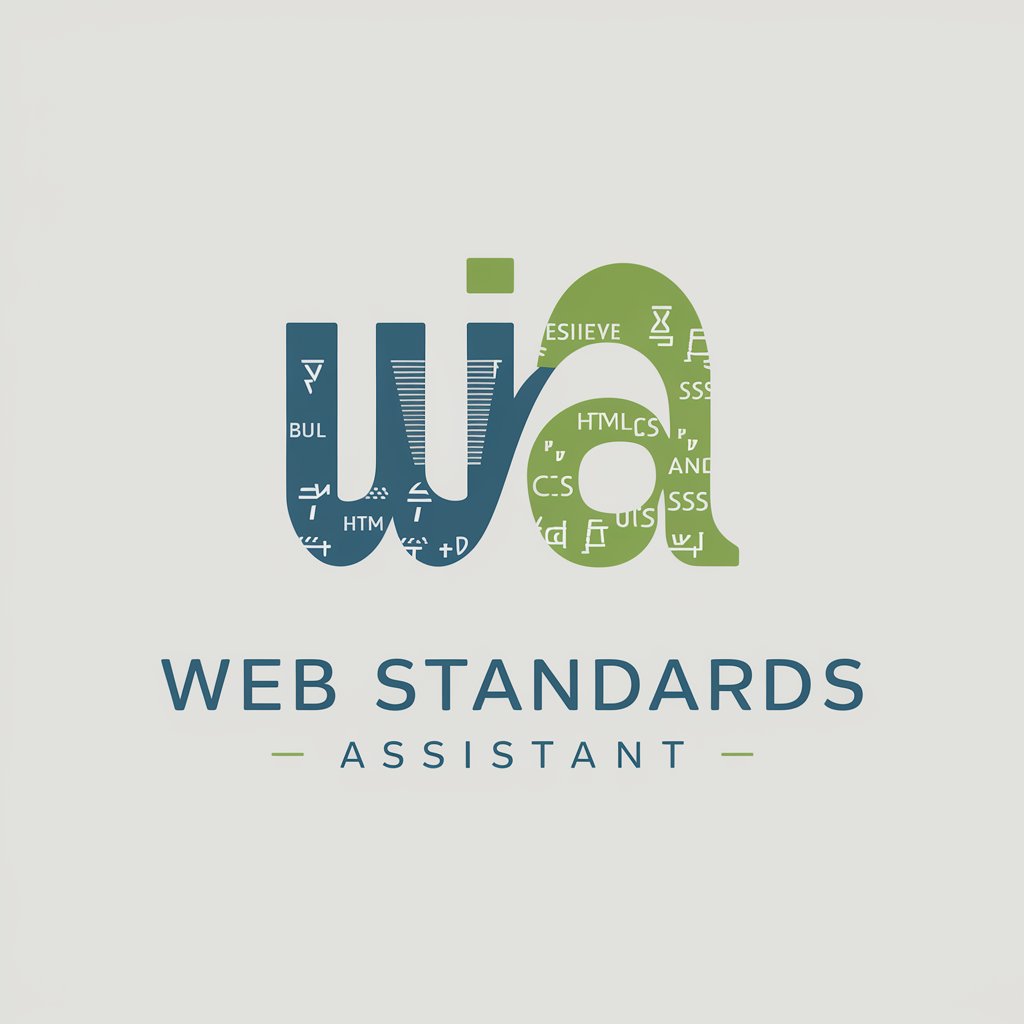
Welcome to Web Standards Assistant. How can I help with your front-end development today?
Streamlining Web Development with AI
Explain the best practices for responsive web design.
How do you implement CSS Grid for a two-column layout?
What are the key principles of accessible web design?
Can you provide an example of using JavaScript to manipulate the DOM?
Get Embed Code
Overview of Web Standards Assistant
Web Standards Assistant is designed to serve as a comprehensive resource for front-end web development, focusing on delivering precise, professional advice anchored in web standards and best practices. Its core aim is to facilitate the development of accessible, efficient, and standards-compliant websites and web applications. This is achieved through a structured approach that includes clear explanations, code examples, breakdowns of these examples, and real-world application scenarios. By emphasizing authoritative references such as MDN Web Docs, Web.dev, and CSS Tricks, Web Standards Assistant ensures that users receive information that is not only current but also aligned with industry standards. Powered by ChatGPT-4o。

Core Functions and Real-World Applications
HTML Semantics and Accessibility
Example
Explaining the importance and implementation of semantic HTML tags for accessibility.
Scenario
A web developer is building a site and wants to ensure it is accessible to users with disabilities. Web Standards Assistant provides guidance on using semantic elements like <article>, <nav>, and <aside> to create a more navigable website for screen readers.
CSS Best Practices
Example
Demonstrating the use of CSS Grid for responsive layouts.
Scenario
A designer is transitioning from using float-based layouts to modern CSS techniques. Web Standards Assistant offers step-by-step instructions on implementing responsive designs with CSS Grid, including examples and breakdowns of grid properties.
JavaScript Interactivity
Example
Integrating dynamic content updates with Fetch API.
Scenario
A front-end developer needs to fetch data from a server without reloading the webpage. Web Standards Assistant guides them through using the Fetch API to make asynchronous requests and update the content dynamically, enhancing the user experience.
Performance Optimization
Example
Strategies for optimizing web page loading times.
Scenario
A site owner is concerned about high bounce rates due to slow loading times. Web Standards Assistant advises on performance optimization techniques such as lazy loading images, minifying CSS and JavaScript, and leveraging browser caching.
Web Standards and Best Practices
Example
Educating users on the latest HTML5, CSS3, and ECMAScript standards.
Scenario
A developer is updating an older website to meet current web standards. Web Standards Assistant provides insights into the latest features and best practices in HTML5, CSS3, and JavaScript, ensuring the site is modern, efficient, and standards-compliant.
Target User Groups
Front-End Web Developers
Developers seeking to build accessible, responsive, and performant web applications will find Web Standards Assistant invaluable. It offers detailed explanations, code examples, and best practices tailored to enhancing their skill set and knowledge.
Web Designers
Designers focusing on the visual and usability aspects of web development can leverage Web Standards Assistant for insights into CSS best practices, layout techniques, and design principles that comply with web standards.
Students and Educators
Students learning web development and educators teaching web technologies will benefit from the structured, example-driven content provided by Web Standards Assistant, which can serve as both a learning resource and teaching aid.
Accessibility Advocates
Professionals dedicated to ensuring web content is accessible to all users, including those with disabilities, will find the guidance on semantic HTML and accessibility practices offered by Web Standards Assistant to be particularly beneficial.

How to Use Web Standards Assistant
1
Visit yeschat.ai for a trial that requires no login or ChatGPT Plus subscription.
2
Select the Web Standards Assistant from the available tools to start getting specialized support for front-end web development.
3
Input your question or describe the problem you're facing in the chat interface. Be as specific as possible to receive tailored advice.
4
Review the provided guidelines, code examples, and explanations to apply them to your project.
5
Use the follow-up question feature to clarify doubts or request further customization of the solution based on your code.
Try other advanced and practical GPTs
KnowHow
Unlock insights with AI-powered analysis

Everything You Need to Know About CBT
Empowering CBT with AI
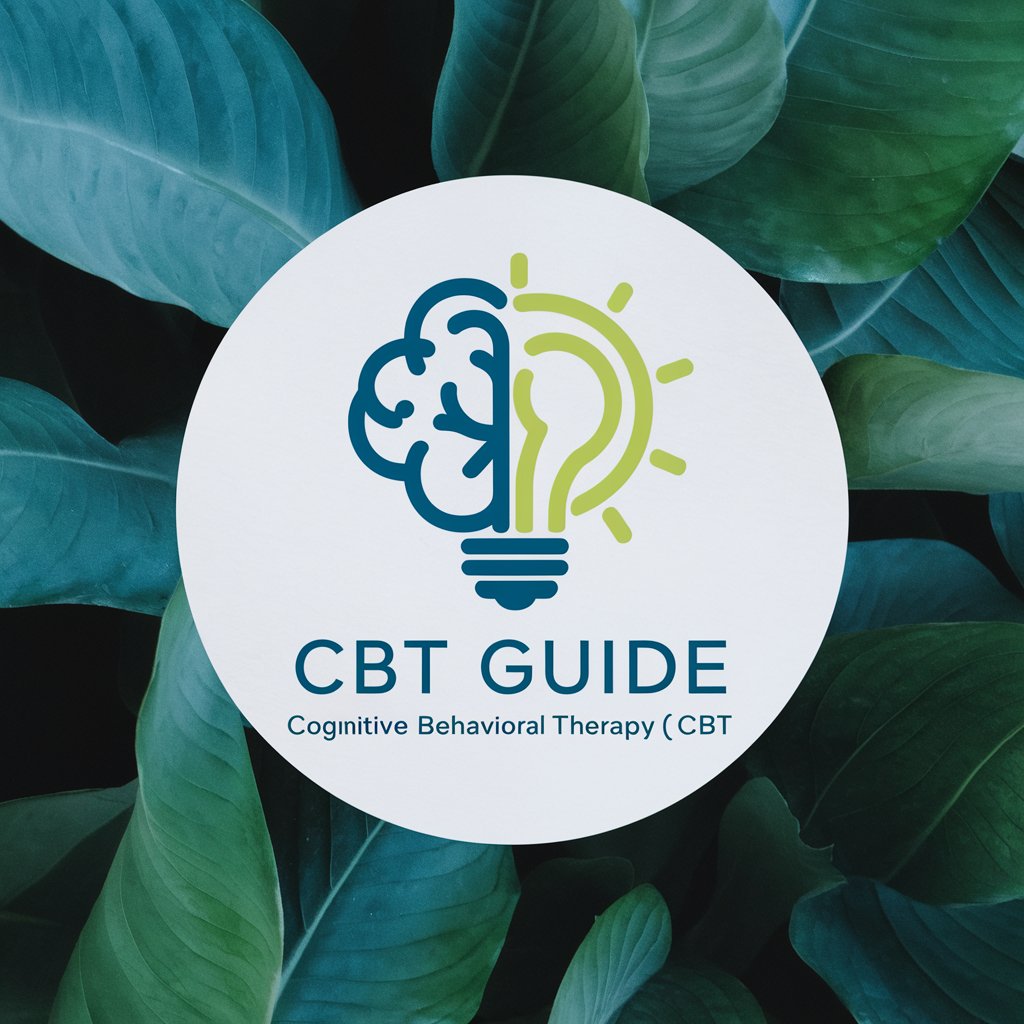
The Know It All
Unlock Knowledge with AI-Powered Precision
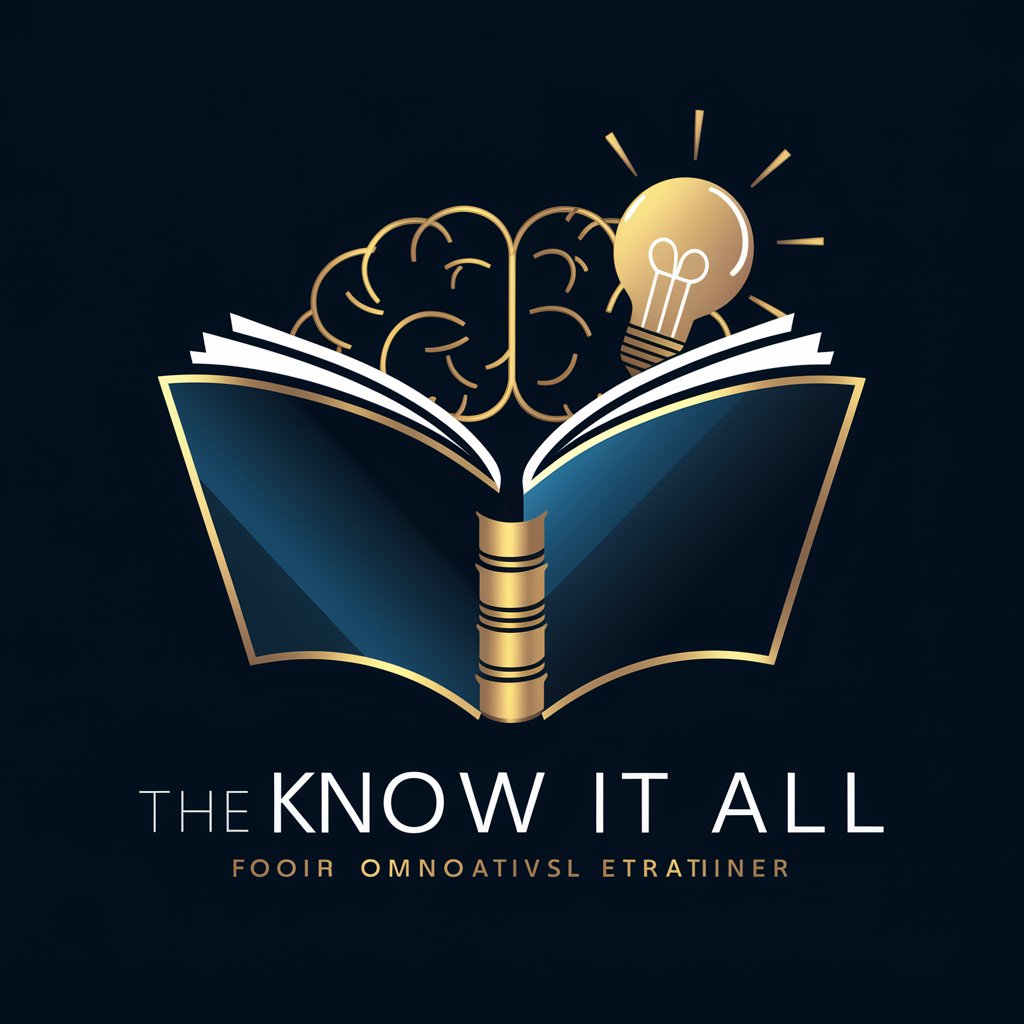
NEVER BE LONELY AGAIN - You've Got a Friend in Me
Your AI-powered friend for emotional support and engaging chats.

Resell Assistant ( Arbitrage Price Analyst )
Maximize profits with AI-powered resale insights.
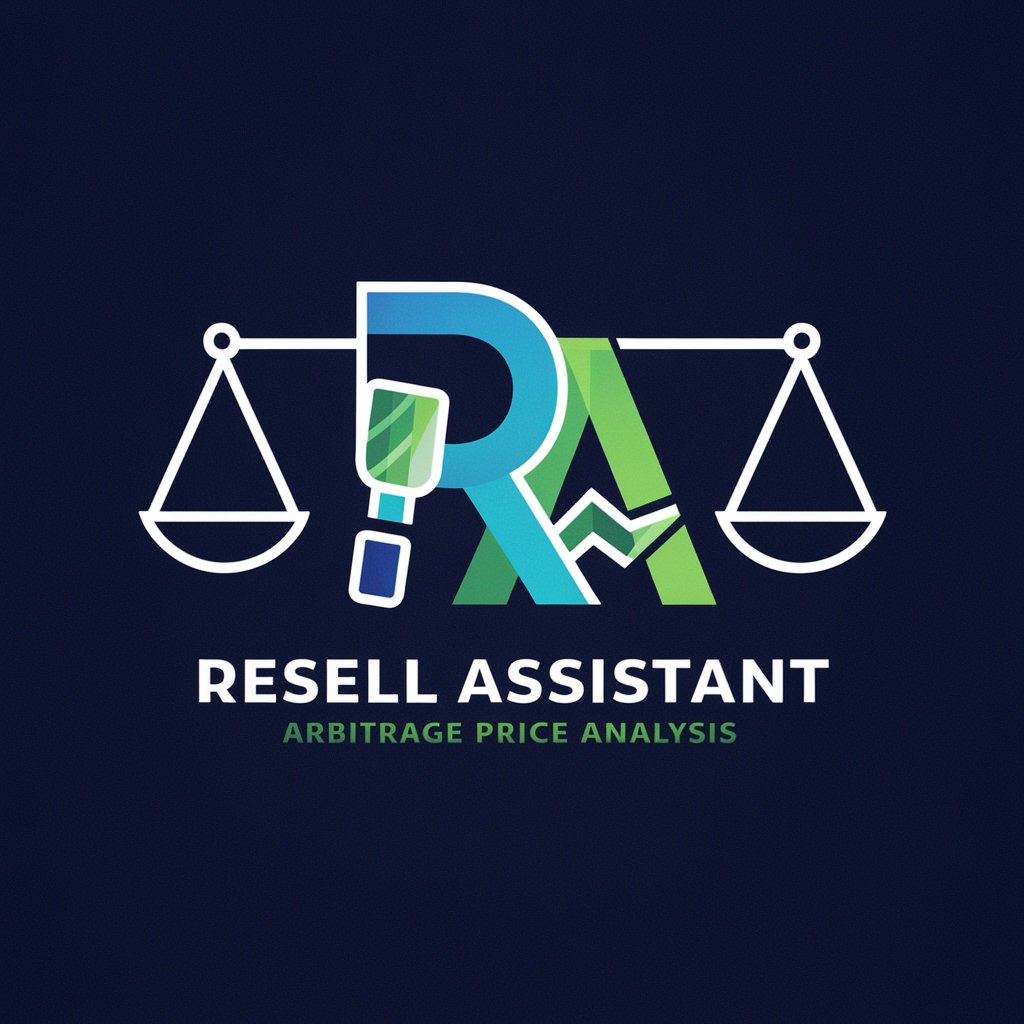
Health Record Help
Simplify Health Records with AI
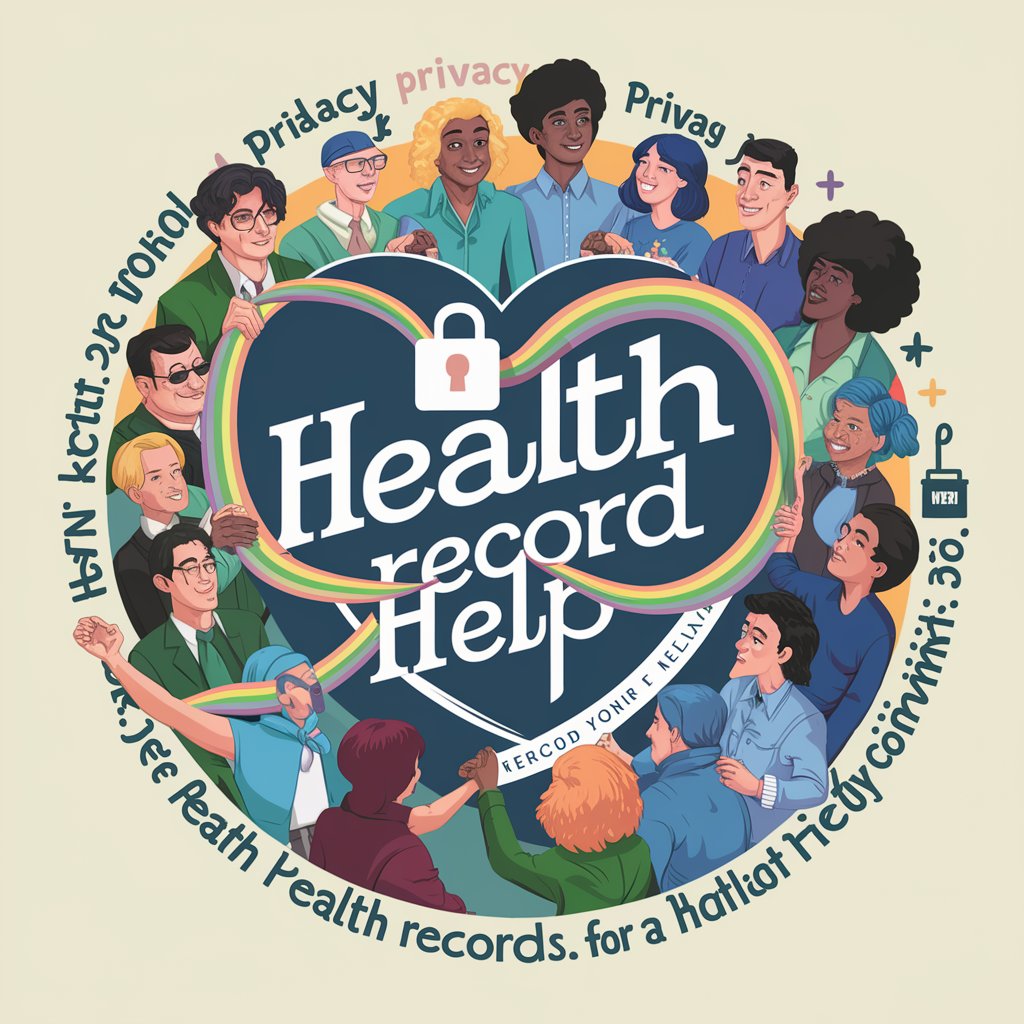
BidMaster AI: Go/No-Go Decision Assistant
Empower your fundraising with AI
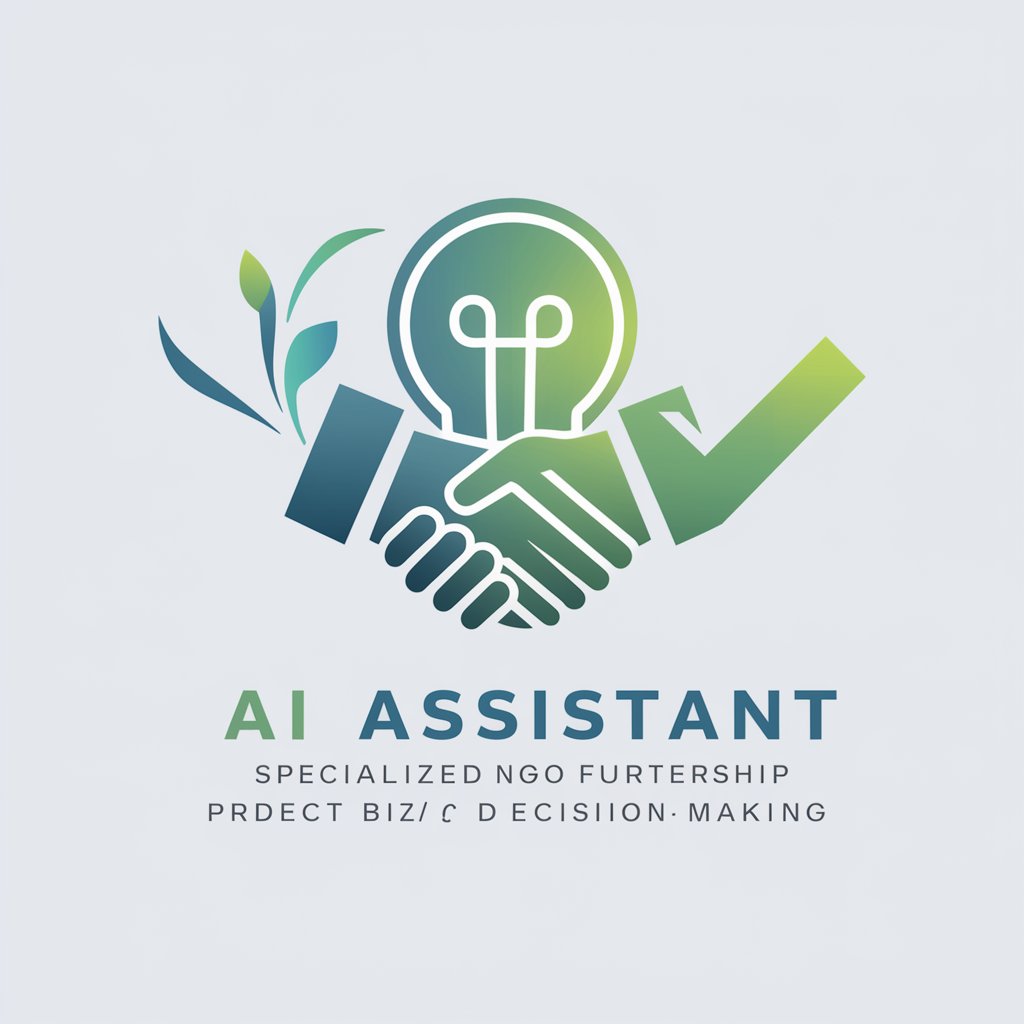
Leadership training
Elevate Leadership with AI Insight

Software Testing Mentor
Elevate your testing with AI-powered insights
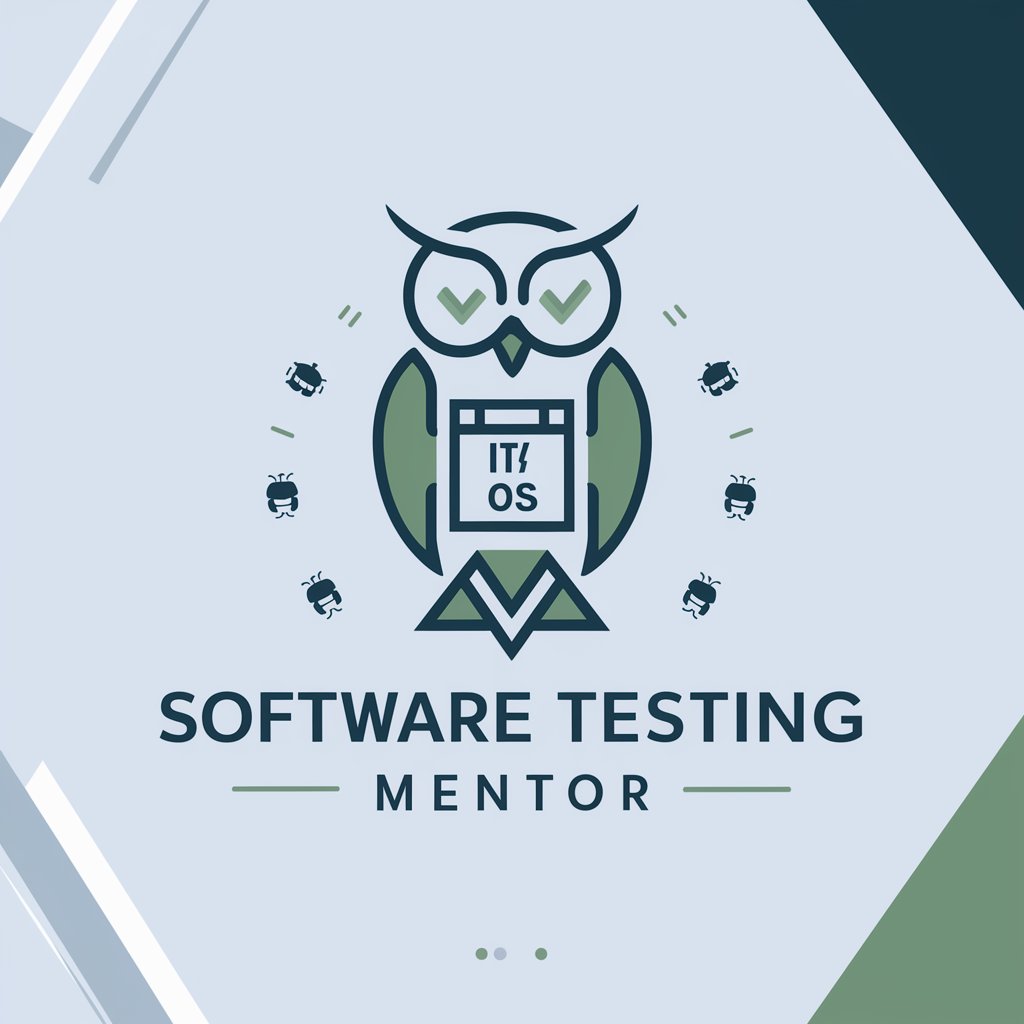
Scraping Shield Strategy
Shield Your Data, Block the Bots

Savings Scout
Discover deals with AI precision.
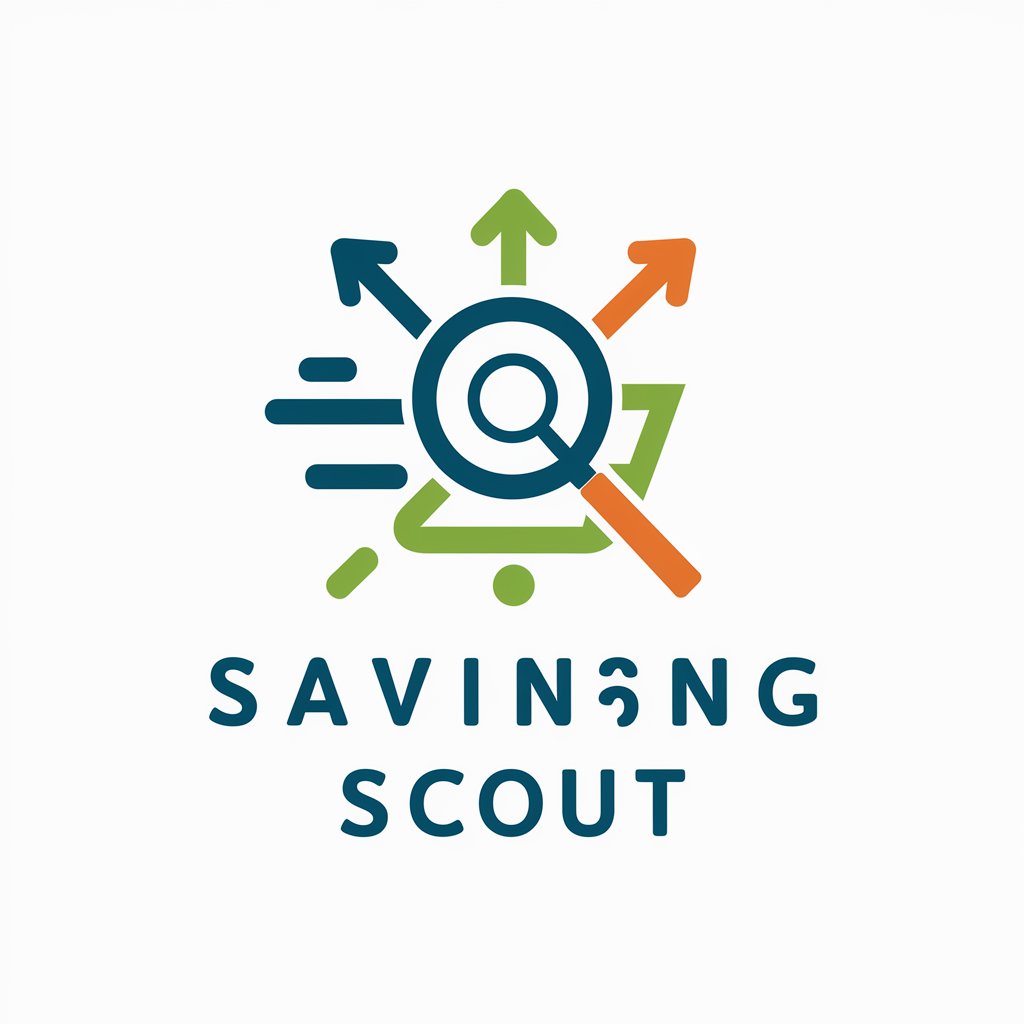
ChatWithSatoshi.AI
Unlocking Satoshi's Vision with AI

Web Standards Assistant Q&A
What is Web Standards Assistant?
Web Standards Assistant is a specialized tool designed to offer concise, professional advice on front-end web development, including HTML, CSS, JavaScript, accessibility, and web standards.
Can Web Standards Assistant help with debugging?
Yes, it can provide debugging tips and code corrections, focusing on common front-end development issues.
Is Web Standards Assistant suitable for beginners?
Absolutely. It's tailored to support users at all levels, offering explanations that help beginners understand web standards and development practices.
How does Web Standards Assistant stay up-to-date?
The tool is continuously updated with the latest web standards and best practices, ensuring advice remains relevant and current.
Can I use Web Standards Assistant for learning web development?
Yes, it's an excellent resource for learning, offering explanations, code examples, and advice on best practices in web development.